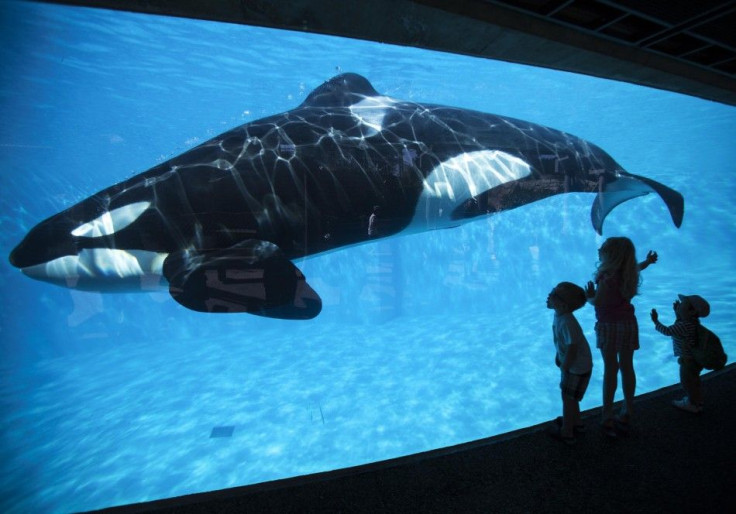An Endangered Whale Killed By A DVD Case

A sei whale, which is the fourth largest rorqual, was found swimming in the Elizabeth River at the Chesapeake Bay in August 2014. The species of whales that it belonged to was listed as endangered and was usually found in the deep waters of the Atlantic. Biologists from the Stranding Response Team of the Virginia Aquarium and Marine Science Center, a marine science museum, were notified of the sighting, reported National Geographic.
Susan Barco, the research co-ordinator of the Aquarium, said that the whale, which measured about a total of 45 feet, was in the wrong place and at the wrong time. She said that the whale seemed disoriented and that she and her colleagues made an attempt to protect the whale from a collision with a ship. Though she and her team made efforts to protect it, a few days later, it was found dead. She said that the death was a long and painful decline.
An autopsy of the whale showed that the whale had swallowed a piece of black plastic that resulted in laceration of the stomach. The black, rigid plastic was identified as a plastic DVD case that had broken off. It looked like the whale had swallowed the piece of the DVD case when it was feeding. In addition to that, the whale had been hit by a ship resulting in a fractured vertebrae.
A major problem for marine animals is plastic indigestion. Marine animals get confused between debris and food. Death and starvation can be caused because of the obstruction of the stomach or intestine by an indigestible material. It was reported that the risks to marine life increases with the increase in the amount of sea trash.
Barco said that the incident made her very sad since the whale had died because plastic had not been disposed of properly. She added that it was a preventable death.
A senior scientist from the Marine Mammal Center in California, Frances Gulland, said that the whales that were found washed up on the beach were only a small percentage of the ones that die. She explained that sperm whales were most susceptible to the ingestion of plastic debris as they mistook debris for their main prey, which is the squid.
Contact the writer: afza.kandrikar@gmail.com





















